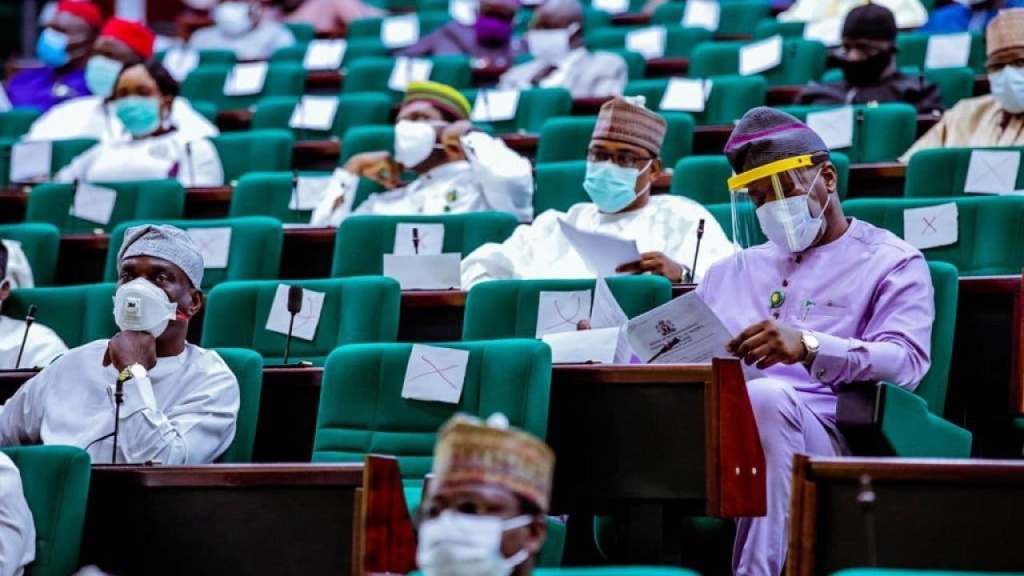Reps’ bill seeks scrapping of NYSC
The House of Representatives is mulling the scrapping of the National Youth Service Corps (NYSC) as a bill to that effect is set for a second reading. Daily Trust reports that the Constitution of the Federal Republic of Nigeria Alteration Bill 2020 is seeking to repeal the NYSC Act. No ammunition can win insecurity without […]

House of Representatives
The House of Representatives is mulling the scrapping of the National Youth Service Corps (NYSC) as a bill to that effect is set for a second reading.
Daily Trust reports that the Constitution of the Federal Republic of Nigeria Alteration Bill 2020 is seeking to repeal the NYSC Act.
- No ammunition can win insecurity without addressing injustice, poverty — Okorocha
- Politicking as Buhari weighs options on new COAS
The sponsor of the bill, Awaji-Inombek Abiante, in the explanatory memorandum of the proposal, cited growing insecurity, killings of corps members and other issues.
He said: “This bill seeks to repeal Section 315(5)(a) of the Constitution of the Federal Republic of Nigeria, 1999, (as amended) on the following grounds:
“Incessant killing of innocent corps members in some parts of the country due to banditry, religious extremism, and ethnic violence; incessant kidnapping of innocent corps members across the country.
“Public and private agencies/departments are no longer recruiting able and qualified Nigerian youths, thus relying heavily on the availability of corps members who are not being well remunerated and get discarded with impunity at the end of their service year without any hope of being gainfully employed.
“Due to insecurity across the country, the National Youth Service Corps management now considers posting corps members to their geopolitical zone, thus defeating one of the objectives of setting up the service corps, i.e. developing common ties among the Nigerian youths and promote national unity and integration.”
The NYSC scheme was established on May 22, 1973 by General Yakubu Gowon under Decree No. 24 to foster unity and reintegration among Nigerians after the Civil War.
